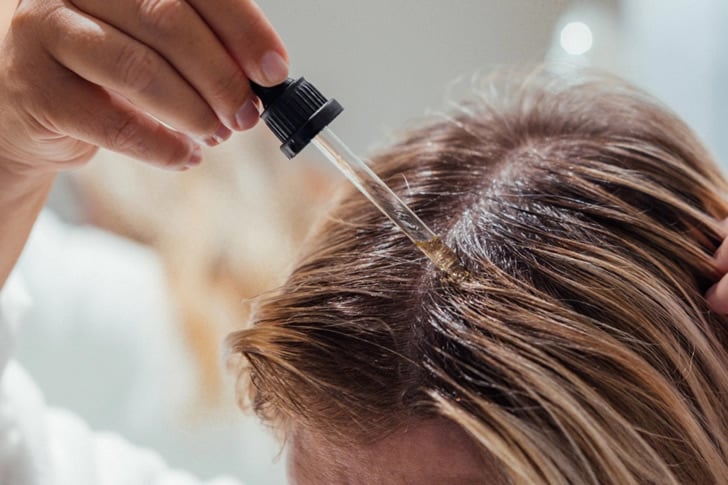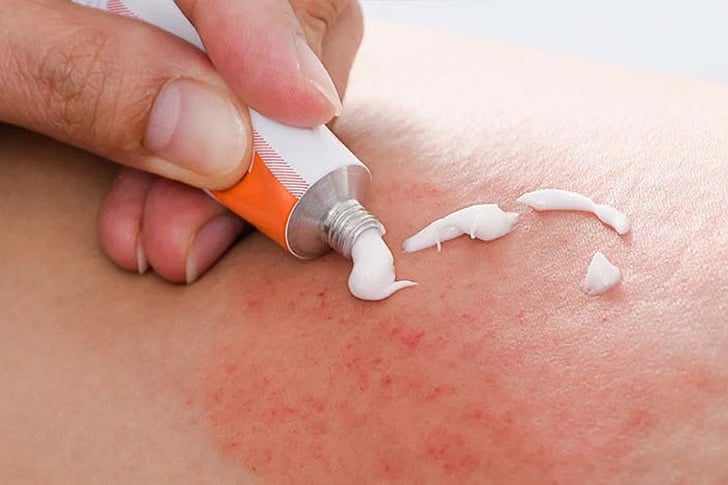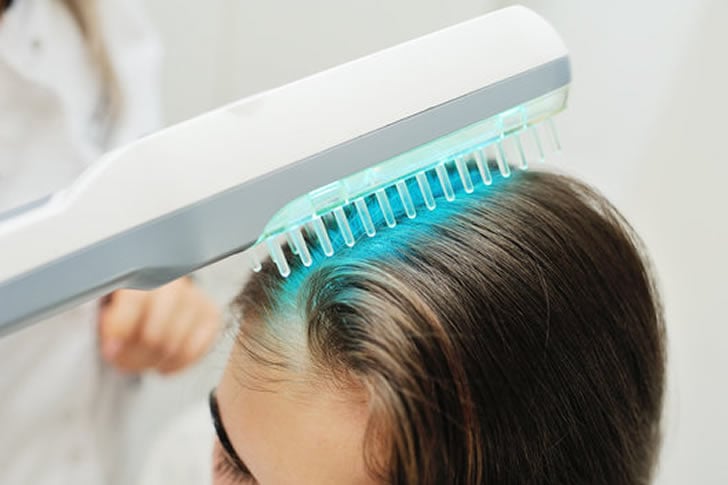Unraveling the Mystery of Scalp Psoriasis: What Experts Want You to Know
Scalp psoriasis is a common skin disorder that affects millions worldwide, causing discomfort and social anxiety. Understanding its symptoms, causes, and treatment options is crucial for effective management.

What is Scalp Psoriasis?
Scalp psoriasis is a chronic autoimmune condition that primarily affects the skin of the scalp. It results in the formation of red, scaly patches that can be itchy and painful. This condition is a manifestation of psoriasis, which can affect other parts of the body as well.
Symptoms of Scalp Psoriasis
- Itching and Soreness: The most common symptom, which can range from mild to severe.
- Red Patches of Skin: Covered with silvery scales.
- Dry Scalp: May lead to cracking and bleeding.
- Hair Thinning: Temporary hair loss due to scratching and the harshness of scales.
Understanding the Causes
The exact cause of scalp psoriasis is not fully understood, but it is known to involve an immune system malfunction that speeds up skin cell growth. Factors that may trigger scalp psoriasis include:
- Genetic Predisposition: A family history of psoriasis can increase one’s risk.
- Stress: High stress levels can trigger flare-ups.
- Medication: Certain medications can exacerbate the condition.
- Weather: Cold and dry weather can worsen symptoms.
Professional Analysis
Signs and Characteristics of Scalp Psoriasis
| Sign | Characteristic Description |
|---|---|
| Thick, Scaly Patches | Often silver or white scales that cover red patches. |
| Dandruff-like Flaking | Severe and more encrusted than typical dandruff. |
| Dry Scalp | Scalp may feel tight and dry, unlike simple dandruff. |
| Itching | Can be severe, leading to scratching and further damage. |
Expert Tips and Treatment Options
| Tip/Treatment | Description |
|---|---|
| Moisturize Regularly | Use a good quality moisturizer to reduce dryness and flaking. |
| Medicated Shampoos | Shampoos containing coal tar, salicylic acid, or ketoconazole. |
| Topical Treatments | Corticosteroids and vitamin D analogues to reduce inflammation. |
| Light Therapy | Exposure to ultraviolet light can help reduce symptoms. |
| Systemic Medications | For severe cases, drugs affecting the whole body may be needed. |
| Biologics | Target specific parts of the immune system that are involved in psoriasis. |
| Stress Management Techniques | Stress reduction can help manage flare-ups. |
| Avoid Harsh Hair Products | Use gentle, fragrance-free products on your hair and scalp. |
| Regular Washing with Gentle Cycle | Helps to remove scales and calm inflammation. |
| Consult a Dermatologist | Professional guidance on managing symptoms and treatment plans. |
FAQs About Scalp Psoriasis
Q: Is scalp psoriasis contagious? A: No, it is not contagious. You cannot catch scalp psoriasis from another person.
Q: Can scalp psoriasis lead to permanent hair loss? A: Typically, hair loss associated with scalp psoriasis is temporary. Effective treatment can allow hair to grow back.
Q: How can I differentiate between dandruff and scalp psoriasis? A: Unlike dandruff, scalp psoriasis flakes are silvery and scaly, and the affected areas will have a more defined edge.
Scalp Psoriasis in Seniors
In older adults, scalp psoriasis requires careful management due to the presence of comorbidities and the use of multiple medications which can interact with psoriasis treatments.
Natural Remedies for Scalp Psoriasis
Many patients seek natural remedies to soothe their symptoms. Options include:
- Aloe Vera: Known for its soothing properties.
- Apple Cider Vinegar: Can help relieve itchiness when diluted with water.
- Tea Tree Oil: Has antiseptic properties, but should be used cautiously as it can also irritate the skin.
2024 Best Treatments For Scalp Psoriasis
Scalp psoriasis is a common skin condition that can cause significant discomfort and impact a person’s quality of life. Effective management and treatment are crucial for alleviating symptoms and preventing flare-ups. In 2024, several advanced treatments are available that offer relief and improve the condition of the scalp. Here are four of the best treatments for scalp psoriasis, each described in detail to help you understand their benefits and applications.




Conclusion
Scalp psoriasis, while a chronic condition, can be managed effectively with the right treatment and lifestyle adjustments. It’s important to consult healthcare professionals for diagnosis and treatment tailored to individual conditions.
References







Recent Comments